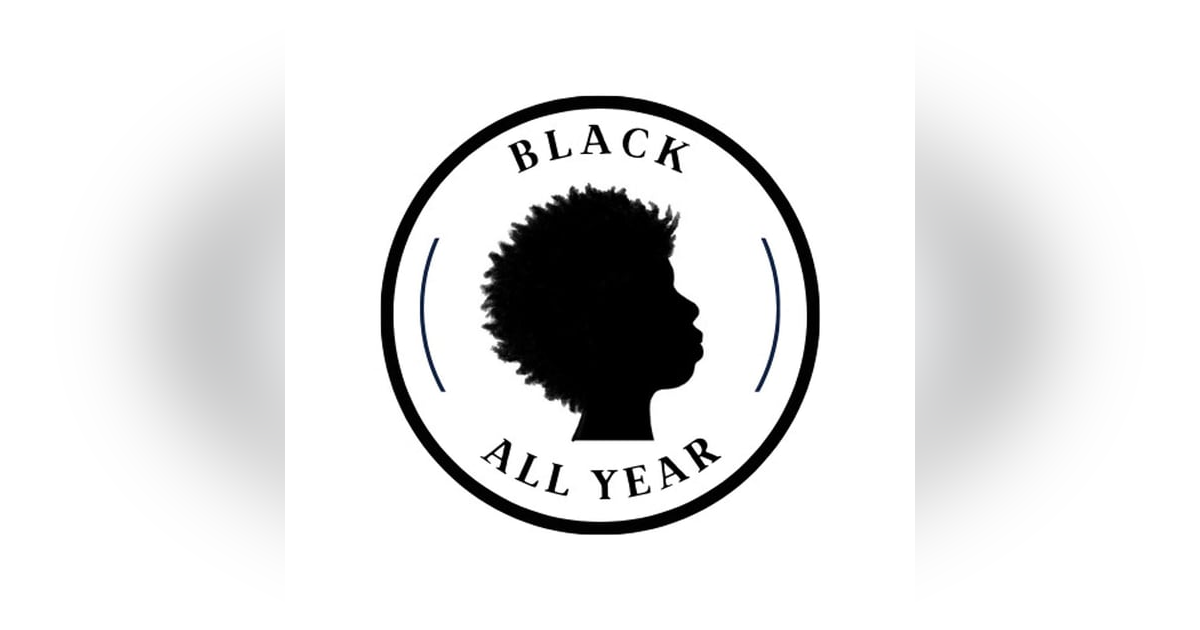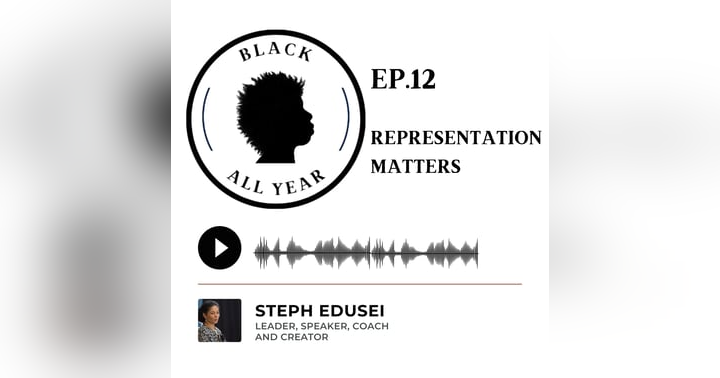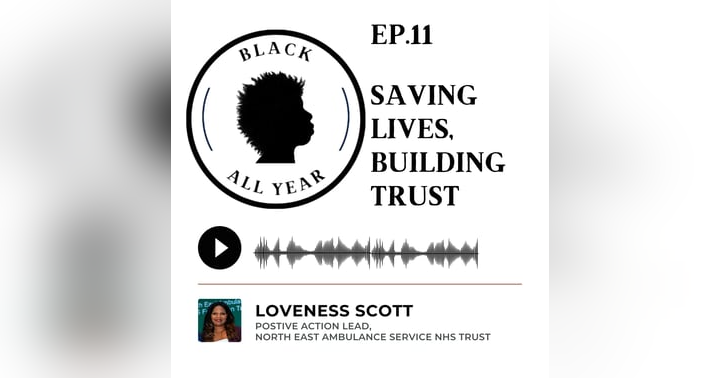Reflections on Racism, Heritage, and Identity: A Conversation with Risaria Langley

This week, I'm excited to share the second part of my discussion with Risaria Langley—a talented writer, performer, producer, and a dear friend. Our conversation, inspired by Ibram X. Kendi's The Anti-Racist Deck, started last week. If you haven't caught that episode, I recommend giving it a listen, though this one stands on its own.
When We First Became Aware of Racism
Our discussion kicked off with a poignant question: When did you first become aware of racism? Risaria had previously shared a striking memory of her father heroically tearing up a petition aimed at preventing a Black family from moving into their neighbourhood. For me, it was a bit different. I used to think I was oblivious to racism, but looking back, there were subtle and overt instances. As a primary school student, kids would sing, "Cadbury’s make them and they cover them in chocolate," directed at me. Although I retorted that I loved chocolate, minimising the hurt, the underlying racism was clear. More painfully, I always felt different, treated differently, which fed into my imposter syndrome. People would randomly touch my hair, which was both intrusive and a marker of my difference.
Risaria was surprised to learn about my experiences with people touching my hair. This led us to discuss how racism wasn't just about overt acts but also about these microaggressions that constantly reminded us of our ethnicity.
Awareness of Our Race/Ethnicity
Another thought-provoking question from Kendi’s deck asked: When did you first become aware of your race? Risaria shared that she rarely identifies herself as white, except on official forms. Her story took a turn towards accents, recalling how her Northern accent was once seen as inferior by her Southern relatives, sparking a debate about elocution lessons. This resonated with me deeply. Having a Northeast Geordie accent myself, I've experienced similar prejudices, where an accent is often wrongly equated with a lack of education or sophistication. It's a stark reminder of how accents, like ethnicity, can shape perceptions and experiences, although accents can be modified and changed whereas ethnicity can not.
For Risaria, a surprising incident at work made her more aware of her ethnicity. A Nigerian cleaner she worked with would pinch her to see if her skin would bruise, highlighting a painful yet eye-opening interaction about ethnicityand identity.
Growing Up Mixed Heritage
Reflecting on my own mixed heritage, I shared how my awareness of ethnicity has always been present. Unlike Risaria, who hadn’t always been conscious of her whiteness, my mixed background meant I was always acutely aware of not fitting in completely with either my white friends or my Black family. The seventies and eighties didn’t have many mixed heritage adults as role models, making it a lonely experience. This feeling of not fitting in contributed to a profound sense of imposter syndrome.
A turning point for me was during my time as a children's entertainer. A mixed heritage girl, excited to see someone who looked like her, made me realise the importance of representation. Her joy in seeing someone who shared her appearance was a powerful reminder of the significance of visibility for mixed heritage individuals.
Hidden Heritages and Family Secrets
Our conversation also touched on hidden heritages. Risaria shared a story about a friend who discovered her Indian ancestry only in adulthood, a secret kept hidden by her family. This revelation about her heritage was both shocking and enlightening, emphasising how past societal pressures could lead to such concealments.
In Ghana, my cultural heritage includes stories of mixed-heritage children born from unions during the slave trade. These children were often kept away from the sun to appear lighter skinned and were sometimes integrated into white families. Such histories remind us of the complex and often painful legacies of ethnicity and heritage.
Concluding Thoughts
Our discussion was rich and layered, touching on personal stories and historical contexts that shape our understanding of heritage and identity. As we concluded, we acknowledged the importance of continuing these conversations. Sharing these experiences not only fosters understanding but also supports others navigating their own identities.
Thank you, Risaria, for sharing your insights and stories. And to our listeners, I hope you found this conversation as enlightening as I did. If you enjoyed this episode of Black All Year, please subscribe and leave a review. Your support helps others find our content too.
Take care and stay tuned for more thought-provoking discussions.
— Steph Edusei








